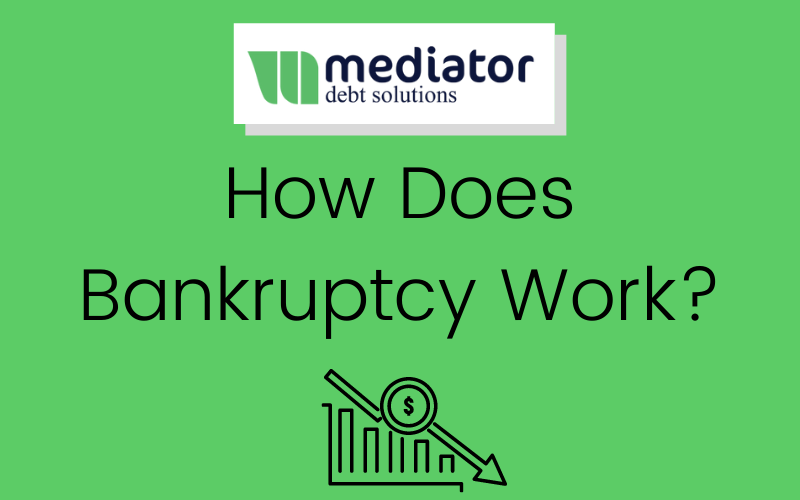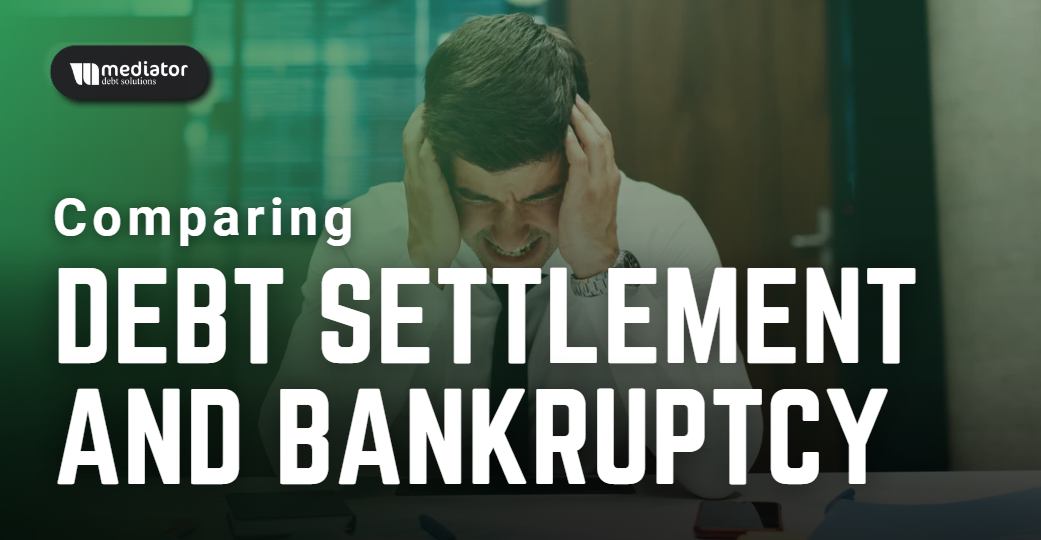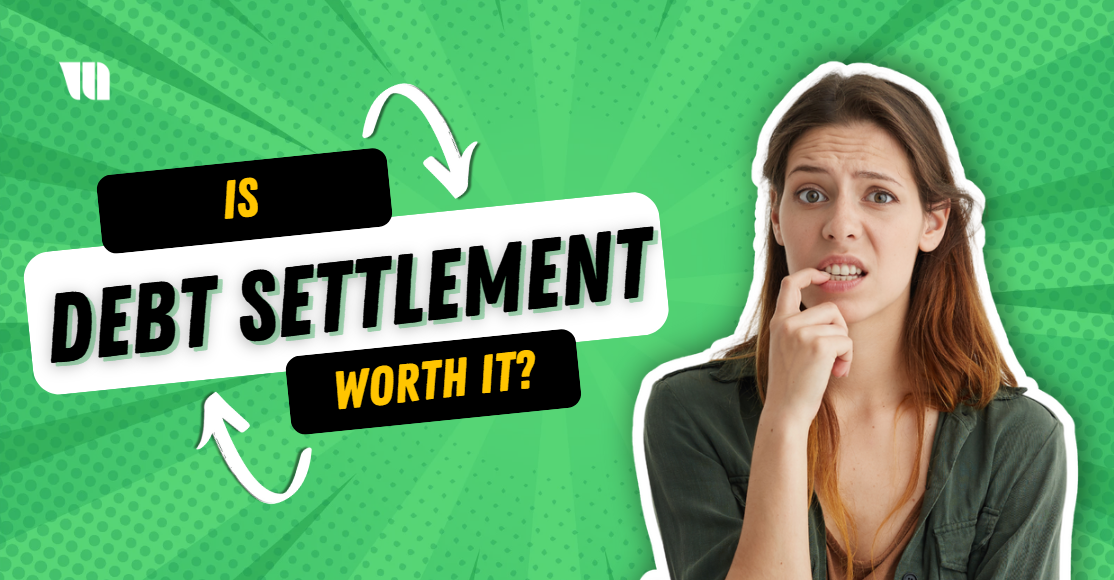Bankruptcy. What comes to mind when you hear this word? For many Americans, it is the sound of financial freedom, even though it comes with a price. For others, just thinking about it makes them anxious and if they know of someone who did it, they are the first to judge. So, what exactly is it, and under what circumstances can we file for it?
Bankruptcy is a legal process overseen by federal bankruptcy courts. It’s designed to help individuals and businesses eliminate all or part of their debt or to help them repay a portion of what they owe, helping you get relief from your debt. But, hold on! Just because you have some debt on your shoulders doesn’t mean you should go running towards it. It’s actually a complex process and if you try to do it alone, it can be very stressful. Working with a bankruptcy attorney can help ensure that it goes as smoothly as possible and complies with all the applicable rules and regulations governing bankruptcy proceedings. What kind of rules and regulations are there?
First and foremost, you’ll need to demonstrate you can’t repay your debts and also complete credit counseling with a government-approved credit counselor. The counselor will help you assess your finances, discuss possible alternatives, and help you create a personal budget plan. If all goes well, you won’t even have to continue in your pursuit of filing for bankruptcy. But, if you decide to move forward, you’ll have to decide which type you’ll file: Chapter 7 or Chapter 13. Both types of bankruptcy can help you eliminate unsecured debt (such as credit cards), halt foreclosure or repossession, and stop wage garnishments, utility shut-offs, and debt collection actions. With both types, you’ll be expected to pay your own court costs and attorney fees but, in the end, they will relieve your debt in different ways.
Now, bankruptcy can’t help solve all of your debt. For example, it does not discharge the following types of debts and obligations:
- Federal student loans (unless you meet very strict criteria)
- Court-ordered alimony and child support
- Debts that arise after bankruptcy is filed
- Some debts incurred in the six months before filing bankruptcy
- Some taxes
- Loans obtained fraudulently
- Debts from personal injury while driving intoxicated
How Does Bankruptcy Work Review
So, before raising an eyebrow at someone who has filed for bankruptcy, think about how difficult his or her situation must have been. Filing for bankruptcy is not a walk down the park but it has helped millions of Americans get out hundreds of dollars’ worth of debt and has given them a second chance at life. If you wish to learn more about it and how it can help you or a friend in need, contact Mediator Debt Solutions. We are pleased to help anyone in need.














